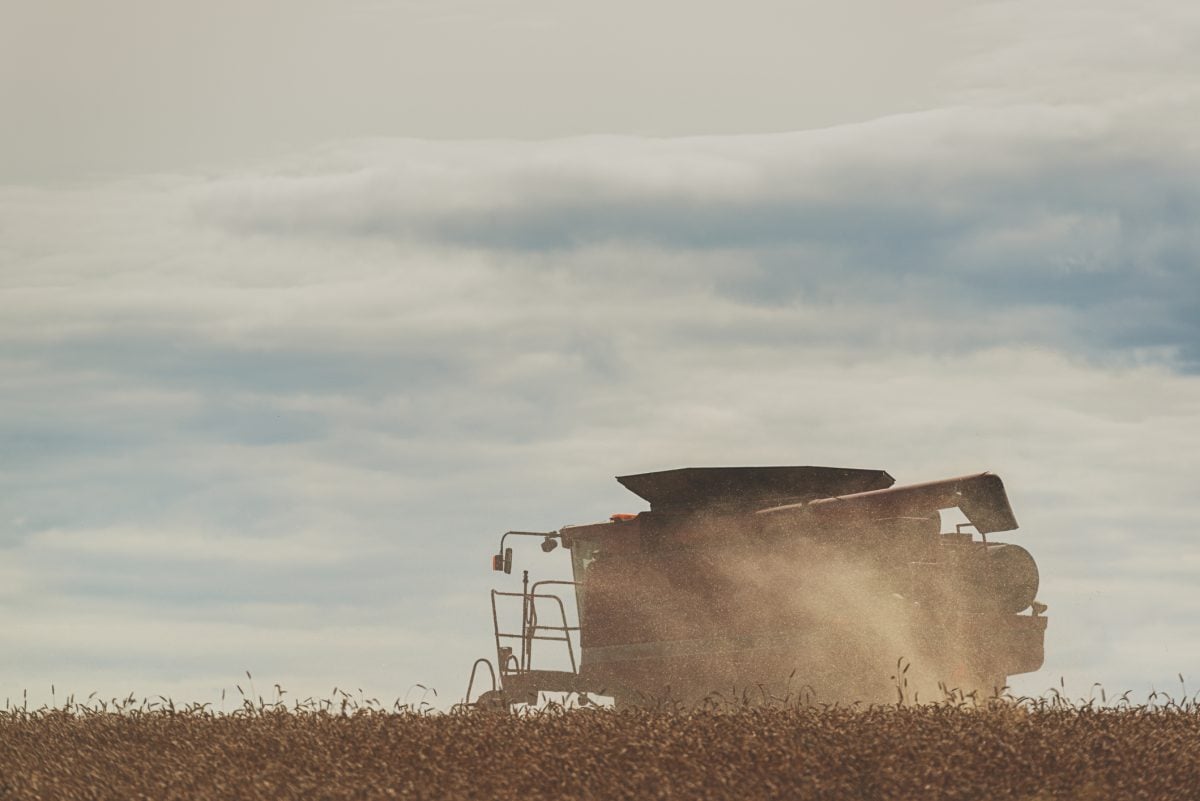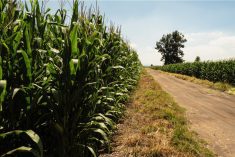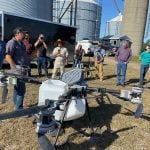Reuters — The White House wants to tap a pool of funds from the U.S. Department of Agriculture’s Commodity Credit Corp. (CCC) to support on-farm efforts to fight climate change, Tom Vilsack, President Joe Biden’s nominee to run the USDA, said Tuesday.
The Depression-era program of up to $30 billion in annual funding was tapped by the Trump administration to distribute billions of dollars in aid to cover farmers’ lost sales due to trade wars, primarily with China (all figures US$). Now it could help advance a Biden policy priority: combating climate change.
Read Also

Alberta Crop Report: Harvest reaches completion
Alberta’s harvest is virtually complete at 99.4 per cent finished, ahead of the five-year and 10-year averages at this time of the season.
The CCC funds could be used to create a market to trade carbon or help farmers adopt sustainable agriculture practices, Vilsack said during his Senate confirmation hearing. Those green programs could then be incorporated and expanded in future farm bills, he said.
“It is a great tool for us to create the kind of structure that will inform future farm bills about what will encourage carbon sequestration, what will encourage precision agriculture, what will encourage soil health and regenerative agricultural practices,” Vilsack said.
Biden has already signed a raft of climate-related executive actions, including a pause on new oil and gas leases on federal land, rejoining the Paris climate accord and setting a target for reducing U.S. greenhouse gas emissions by 2030.
A handful of private projects launched recently by the likes of Cargill and Bayer have tried to compensate growers for sustainable agriculture practices. Many farmers, however, have been reluctant to make the shift due to high upfront costs for uncertain or minimal returns.
The CCC was established nearly a century ago and has the authority to borrow up to $30 billion from the U.S. Treasury to help stabilize and support farm income and agricultural product prices.
Farm subsidies soared under Trump, with farm aid packages and other government support schemes accounting for almost 40 per cent of farm income last year, a two-decade high.
— Karl Plume reports on agriculture and ag commodities for Reuters from Chicago.
















